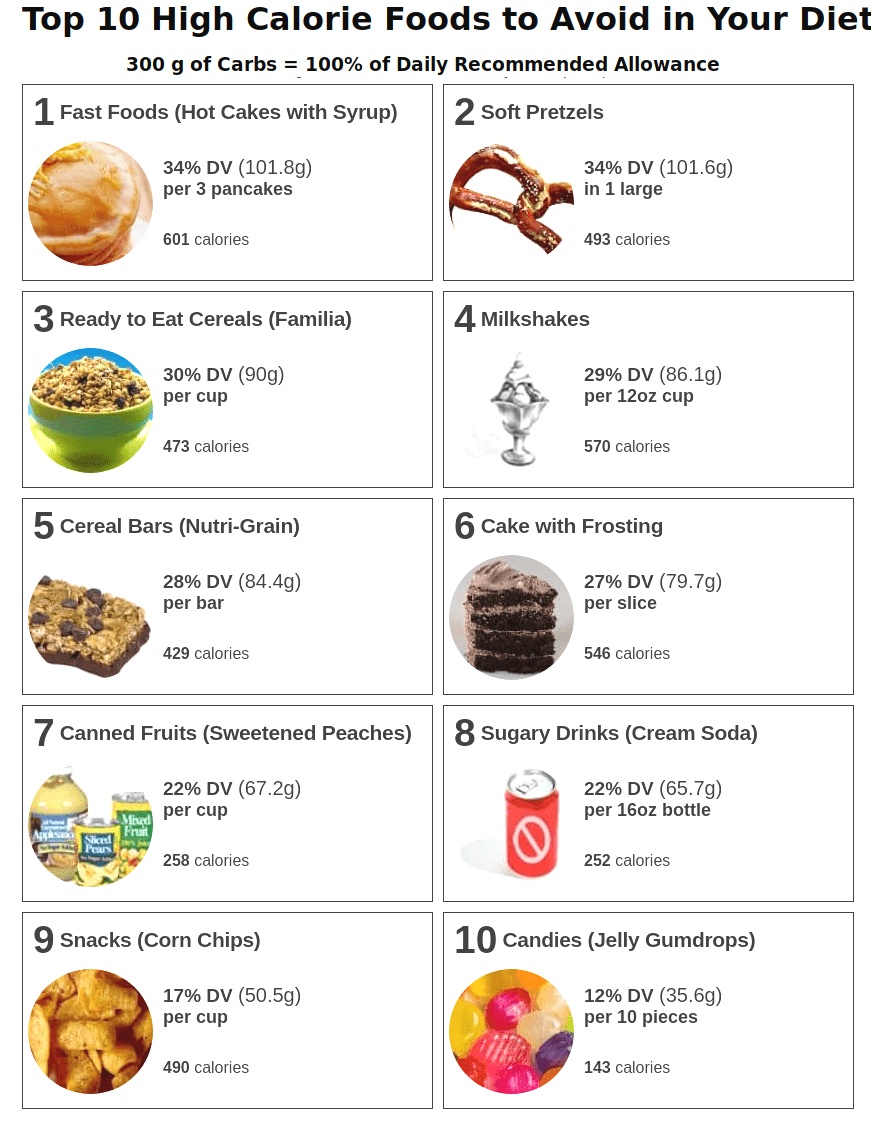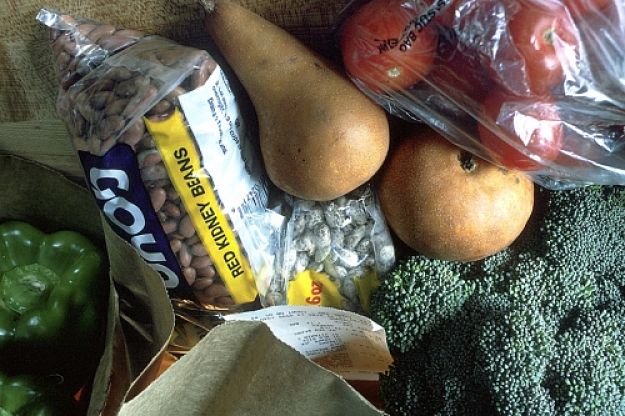Ten Foods Nutritionists Will Not Eat and Why
1. White bread
Pure white bread is made from flour that has the bran and wheat germ removed from it. The flour is then chemically bleached to make it white. Despite all the claims made about nutrients being added back to white flour, it is never as healthy as wholemeal flour. White bread is pure carbohydrate and tends to generate blood glucose spikes similar to sugar confectionery or soft drinks.
2. Soft drink and Sodas
The reasons for this are obvious - these drinks are just sugar and water and contain no nutritional value. The average soft drink contains nine teaspoons of sugar. You would not add nine teaspoons of sugar to a large cup of tea of sugar, yet this is what you are drinking with soft drinks - enough said
3. Banana Bread and Most Fruit Muffins
This is somewhat surprising as many claims have been made that these foods are healthy. But most are made with white flour, added oil and lots of added sugar. Also many don't contain real banana. The average slice of banana bread or one muffin contains more than 60 g of carbohydrate, which is equivalent of four slices of bread. It is also rich in oil with, 20-30 g fat and contains at least four teaspoons of sugar. The bananas are good but overall banana cake is very unhealthy.
4. Cheese-Flavored Snacks
Most cheese-flavored snacks are very unhealthy with lots of fat, salt, artificial flavors, colors and even MSG. These snacks are very unhealthy and contain little or no nutrition.
5. Sweets, Candy and Lollies
These items are basically pure sugar and artificial flavors and colors, even if they are labelled as being 'natural' or 'fruit" based. Five to six small sweet and lollies contain 3-6 teaspoons of sugar. A small serving dark chocolate is a far better option health-wise.
6. Chocolate and Hazel Nut Spreads
These spreads are laden with fat and sugar. Not a health choice
7. Fruit, Health and Snack Bars
Despite the labels there is a huge difference between a fruit snack bar and a piece of fresh fruit. Most of the nutrients and fiber in the fresh fruit is removed during the processing. Fruit, snack and health bars contain compressed fruit extracts, sugar, gums and artificial flavors and colors. Because of the extra sugar, oils, fruit extracts and added carbohydrate they contain far more calories than the fruit itself, without the fiber and natural nutrients.
8. Doughnuts
Unfortunately doughnuts are one of the few foods that still contain significant amounts of trans fats because of the type of oil they are cooked in. Add the high sugar, white flour, fat that soaks in and the average doughnut has at least 400 calories (4 slices of bread) and 20 g of total fat, at least half of which are saturated.
9. Rice Snacks and Biscuits
Rice is a highly processed food and like white flour is a dense source of carbohydrate that has a high glycaemic index. This means that blood glucose levels rise rapidly after it is consumed and this means you start to feel hungry again quicker than if you eat low calorie density foods and whole foods that are rich in natural fiber. Rice snacks have virtually no nutrients and no protein. Better snack options include whole wheat and corn or rye based snacks and crackers.
10. Margarine
The debate about the health benefits of spreads has raged long and hard and the merits of butter versus margarine has gone up and down with this debate as new information became available. Recently the recommendation has shifted back towards butter as the better of two evils, because of concern about the way margarine in processed and some of its ingredients. Look for a reduced fat variety and use very sparingly.
Others
11. Fruit Juices that are not 100 percent juice (no added sugar)
Including beverages in your calorie reduced diet offers little 'bang for you buck'. Beverages contain very little protein, fiber or fat, and so they are empty calories. But, when you drink real fruit juice (100%), the natural sugar is accompanied by nutrients such like Vitamin C and minerals such as calcium and potassium.
12. All Refined Grains
This includes white bread, white rice, white pasta and all flours that are processed to remove the germ and bran which are where all the nutrients are stored. Processing throw out the baby with the bathwater.
13. All Processed Sugary cereals
Wholemeal cereals are rich in fiber, minerals, vitamins and antioxidants. Sugary cereals are full of processed carbohydrate, lack nutrition and are stuffed with added sugar.
14. Foods that are not Fresh Wholefoods
Fresh wholefoods in season offer the best you can get from all foods. Any form of processing and storage removes elements of their essential goodness and flavor.
15. Regular Canned Vegetables
Most canned vegetables such as peas, beans and tomatoes are loaded with added salt. A half-cup serving of canned green beans contains almost 20% of your daily intake of sodium. So, replace canned vegetables with frozen ones, or better still with fresh wholefoods in season.
16. Any Yogurt with Added Sugars
Look carefully at the ingredients list for any added sugar, or fruit juice concentrate. Also beware of fruit yogurt which can contain concentrates and extracts rather than natural whole fruit. You are much better off adding your own fresh fruit. Greek yogurt and nonfat, plain yogurt are the best options.
17. Fat-free, oil-based salad dressing
The fats removed include the good stuff, such as monounsaturated fats that are good for you. Beware that many of these products are stuffed with sugar and salt.

High carbohydrate and high calorie foods to avoid in your diet. Source: Public domain

Learn why nutritionist shun certain foods and why these foods are unhealthy. Source: Public domain], via Wikimedia Commons